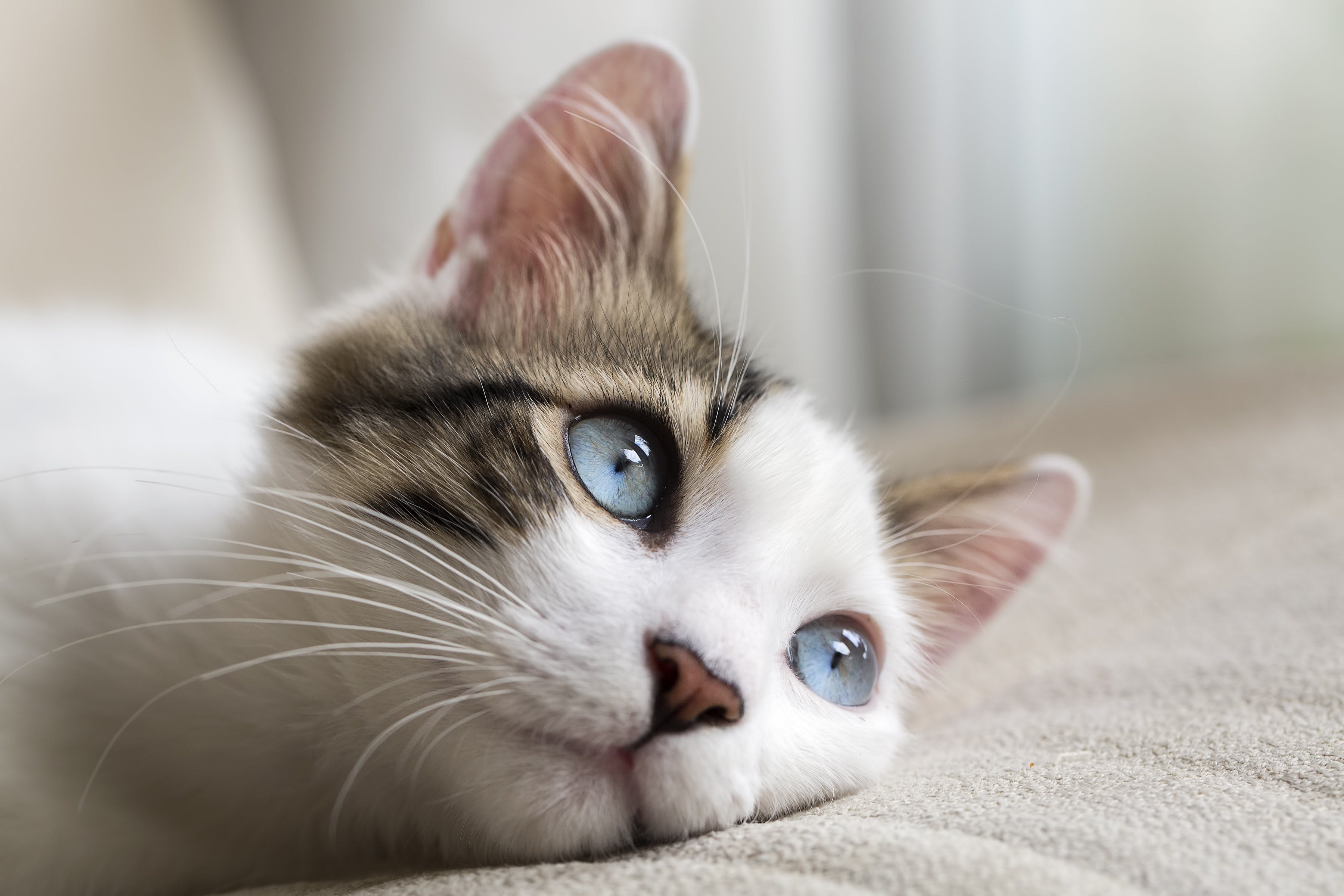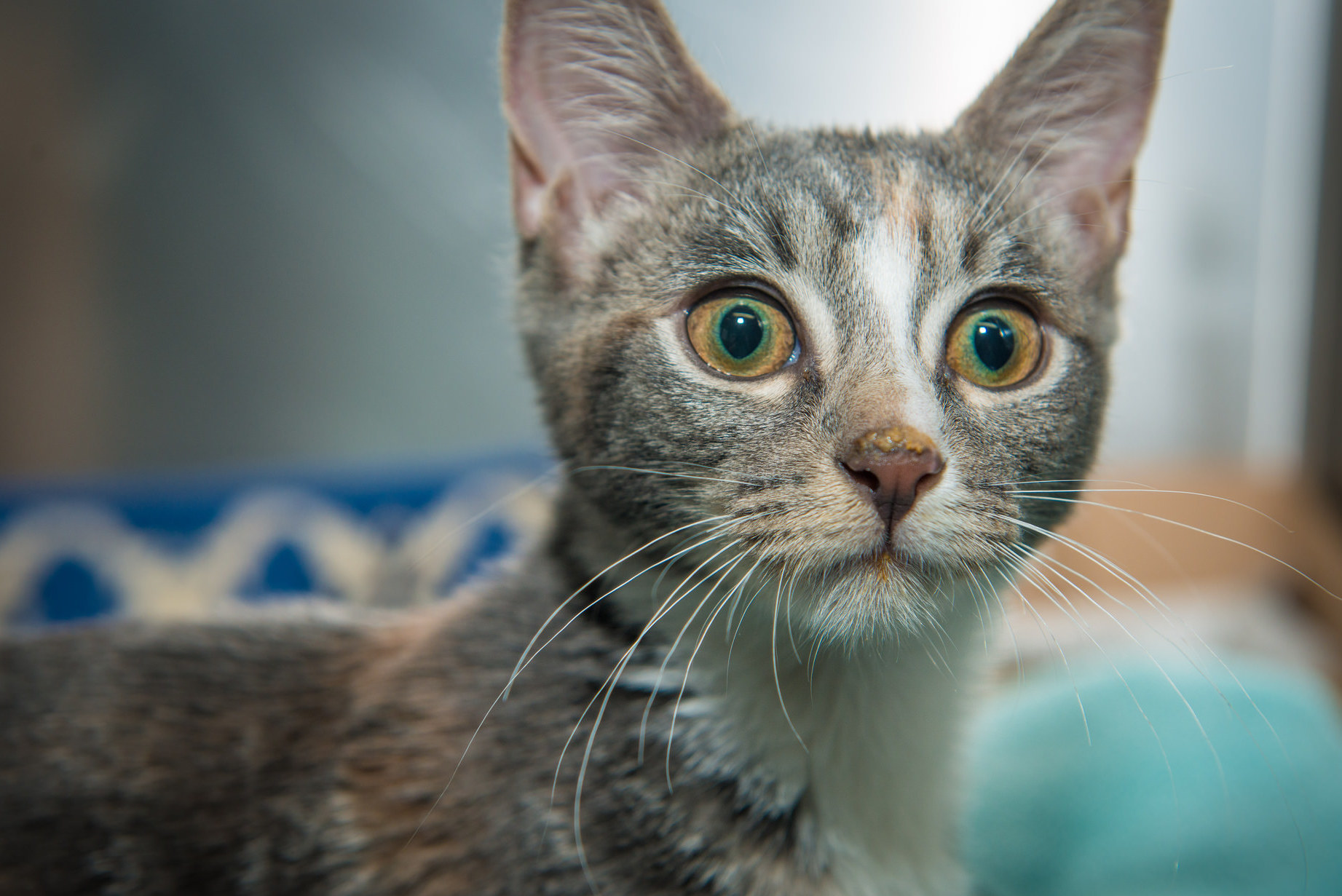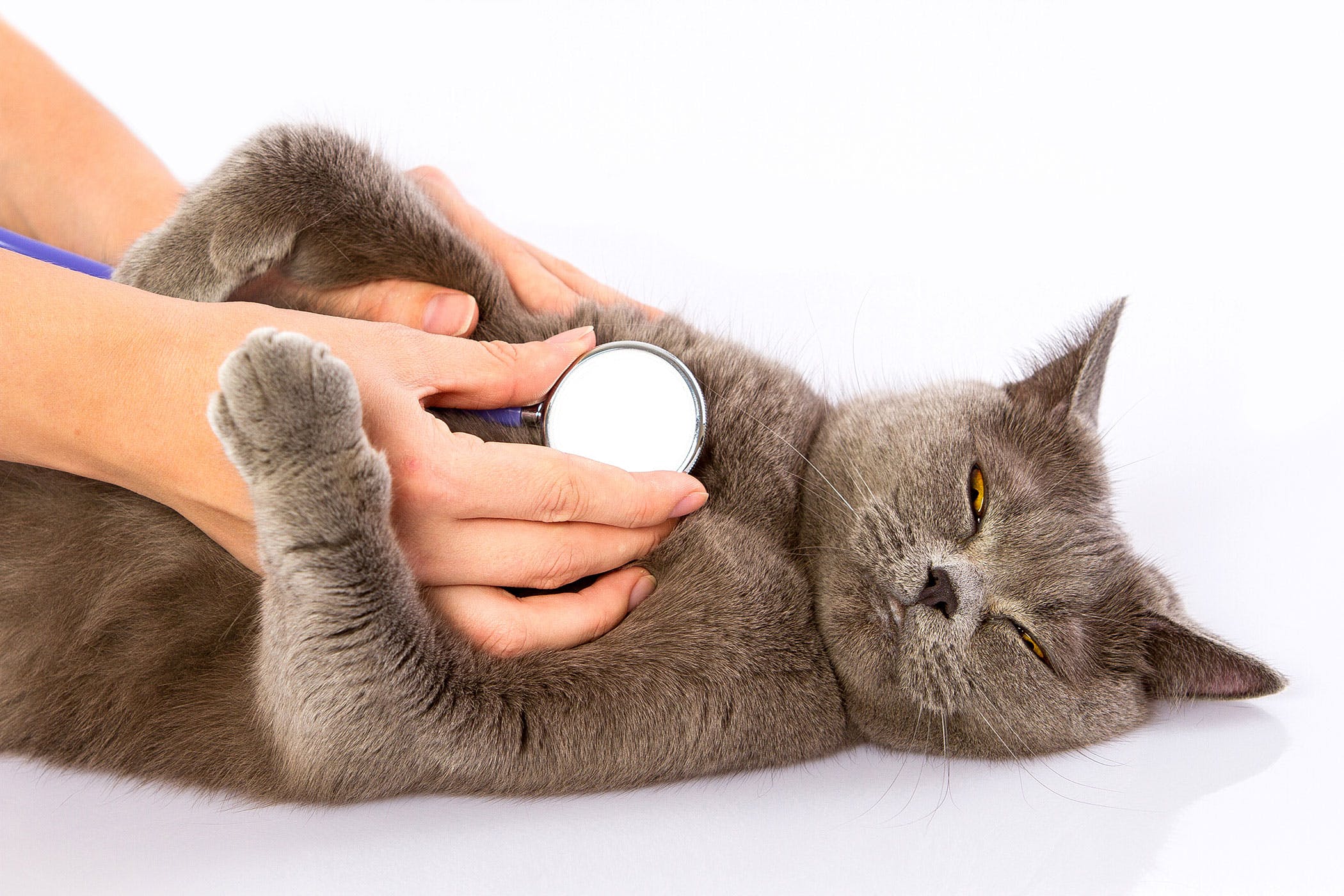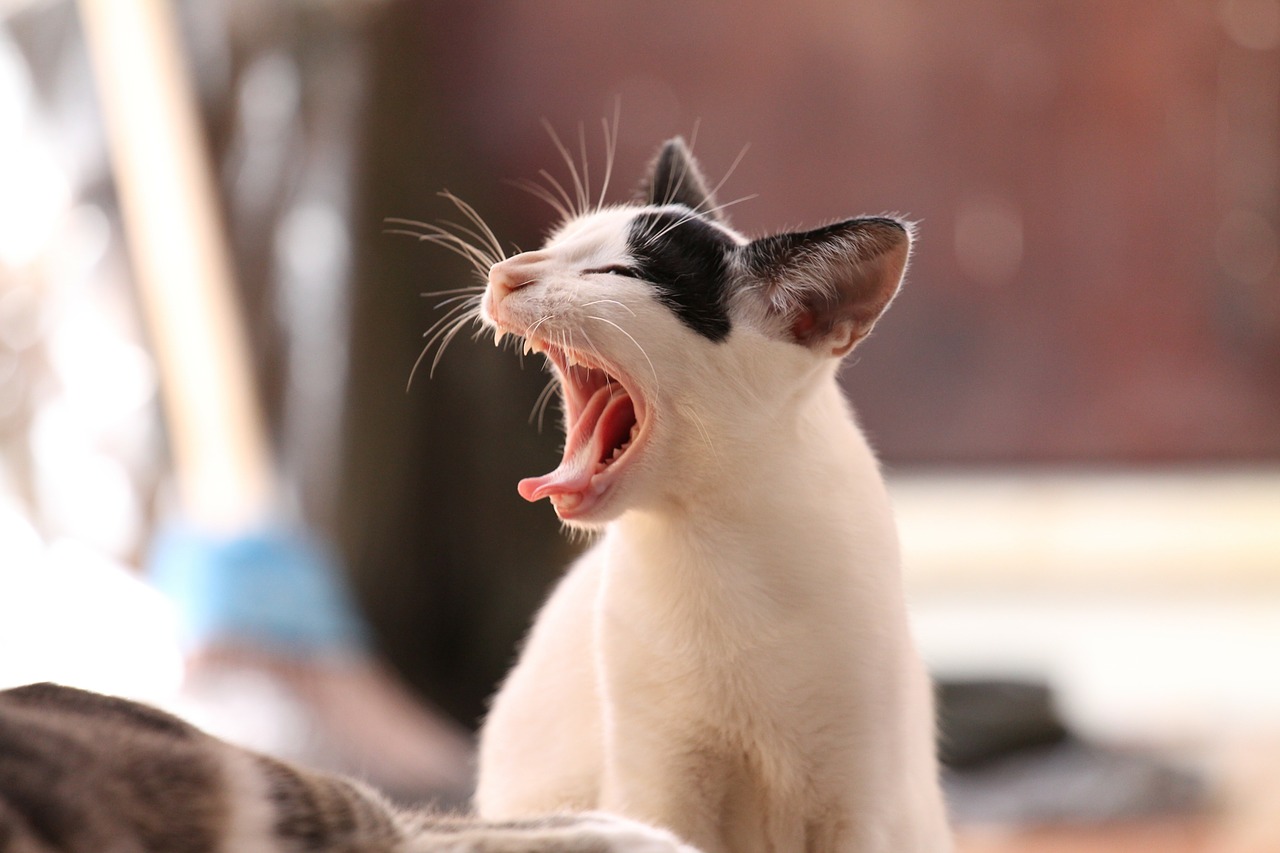
Cat Runny Nose – Eyes & Sneezing – Symptoms, Causes, Diagnosis
The Cat runny nose is responsible, in large part, for your cat’s perception of the world. A cat’s sense of smell is remarkable. All the smells of the world filter through it – but so do viruses like bacteria, pollens and sometimes thorns. These invaders can cause a runny nose. Nasal secretions contain antibodies and tissue fluid that fight these unwanted particles and flush them outside the body. The sneeze is a remarkable reflex in your cat’s body to attempt to expel the irritant.
Cat Runny Nose
If your cat’s nose and eyes have a thick yellowish discharge and your pet is lethargic, breathes heavily, coughs, and/or has a fever, a serious respiratory infection, such as rhinotracheitis may be present.

Discharge from one nostril may be due to a thorn or other object that has lodged in the nose as your cat inspected its environment. Older cats can have sinus infections or tumors involving one side of the nose. An uncommon cause of runny noses in cats is allergies.
Cat Runny Nose Home Remedies
Since the cat’s nasal passages are so complex, any infection there is difficult to treat without your veterinarian’s help.

You will need to contact your veterinarian to treat respiratory infections properly. Increase the humidity in the air with a vaporizer, especially in a small room, such as the bathroom, to help liquidate the nasal discharge. Humidifiers also help stop irritation when heated air dries out the respiratory passages.
Cat Runny Nose Treatment
Your doctor will make a thorough examination of your cat’s nose, mouth, and throat. If a respiratory infection is suspected, antibiotics may be dispensed. Steroids and/or antihistamines will help if the runny nose is an allergic sign. A foreign body in the nose must be removed, with or without anesthesia.

Severe respiratory infections, trauma, or poisoning may demand more intensive treatment, laboratory tests, and radiographs (X-rays).
Cats with recurrent respiratory infections should be tested for feline leukemia, the FTLV (AIDS-like) virus, and yeast infection (cryptococcosis).
